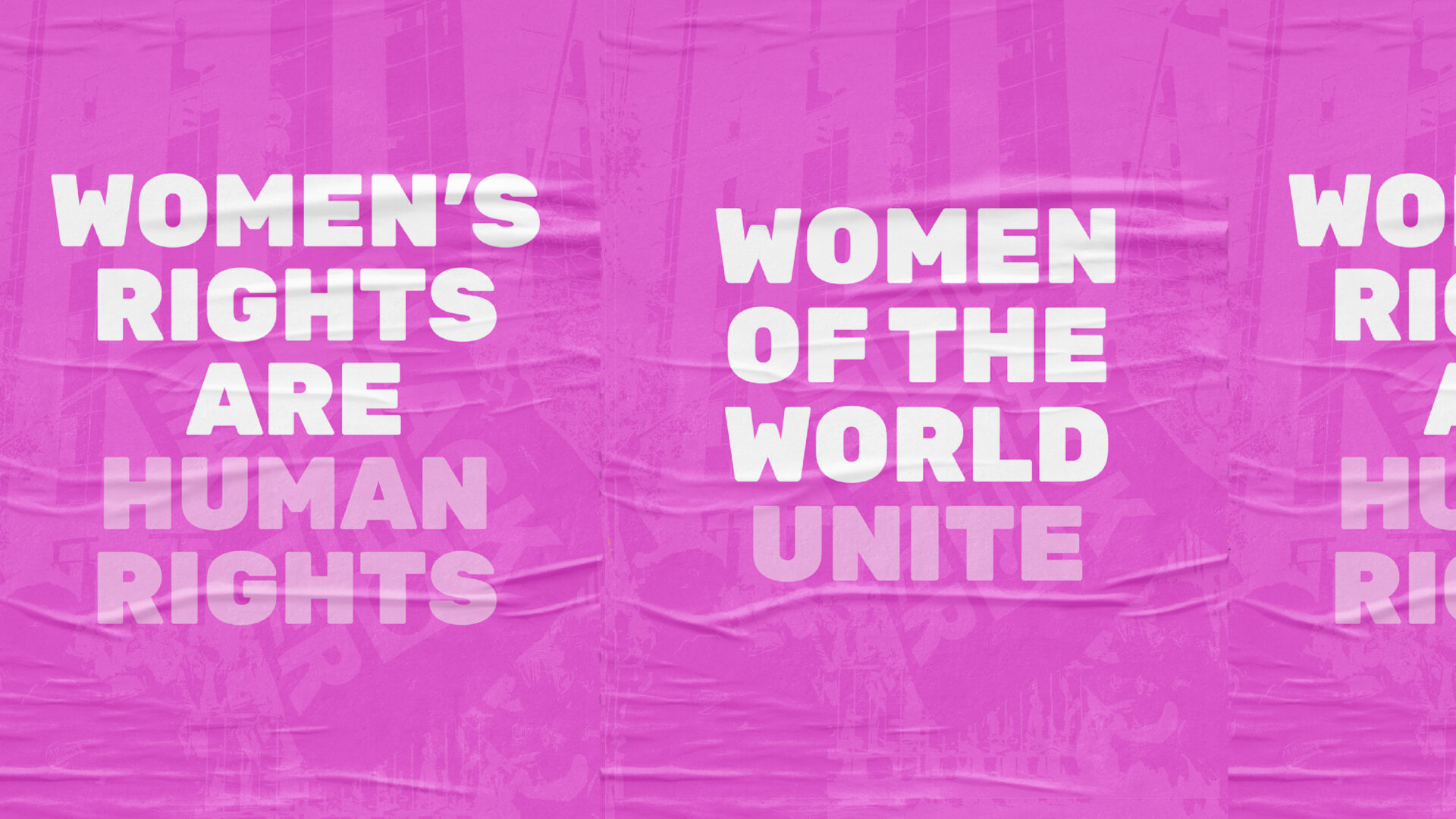
We celebrate Women’s History in March to recognize the contributions and achievements women have made in our history as we continue to fight for equal rights and social justice. Yet, Black women are often not part of the conversation about gender equality even though they face higher rates of violence, discrimination, and misogyny. Why is that? and what led to Black women’s distrust of feminist movements?
There’s no misconception that women have long since been subjected to patriarchy and treated as second-class citizens to men. Men, particularly white men, have used women as property and denied them opportunities and access to education, rights, and power. A man could beat his wife mercilessly, and he would face no repercussions. Women couldn’t vote or enter certain professions, and married women were essentially dead in the eyes of the law because they belonged to their husbands. All in all, women were made to feel inferior to men.
Tired of the mistreatment and lack of rights, a group of white women that included Susan B. Anthony, Elizabeth Cady Staton, and Lucrecia Mott banded together at the Seneca Falls Convention to advocate for women’s rights, especially for the right to vote. Unfortunately, their fight for “women’s” rights excluded Black women because to acknowledge Black women’s mistreatment as women is to also acknowledge the harsh conditions of their race, something white women were unwilling to do.
In fact, Susan B. Anthony was infamously quoted saying, “I will cut off this right arm of mine before I will ever work or demand the ballot for the Negro and not the woman.” This statement alone disregarded any true concern for the rights of Black women and ignored the intersectionality of how both Black women’s race and gender contributed to their oppression. “The intersectional invisibility that the feminist movement had was also contributing to Black women’s marginalization because it didn’t take into account the other parts of their identities that intersected with one another,” said lead researcher and Ph.D. Candidate Stewart Cole. So in part, the feminist movement was an extension of white supremacy to level the playing field for white women to their male counterparts, as they both continued to oppress and suppress the voices of Black people.
It wasn’t long until Black women like Sojourner Truth and Shirley Chisholm had to break away from the women’s rights movement to form their own that would address their issues separately from white women. Unlike white feminism, Black feminism centers the experiences of Black women understanding the intersectionality between sexism, racism, classism, and other social identities that all contribute to marginalization. According to Tammy L. Brown, associate professor of Black Studies at Miami University, Black suffragists such as Mary Church Terrell represented intersectional feminism at its best because they understood the intricacies of how multiple marginalized identities shape our experience.
This early exclusion of Black women in the Suffrage Movement would eventually lead to the current distrust that Black women have in fighting alongside white women for their rights. “Feminist movements that focus only on issues that predominantly affect White women without addressing racialized sexism ignore the needs of Black women, who face higher rates of police abuses, including sexual violence”, said Coles. That’s why Black women make it a point to be part of the conversation when addressing feminism.
A prime example of being included in these conversations is when Tamika D. Mallory, a co-chair of the March, spoke out at the Women’s March in 2017. She expressed herself by saying, “How can we allow anyone to speak on the issues of women and not have women of color, particularly black women, involved? We should not allow ourselves to be an agenda item. We need to set the agenda.” For Black and white women to stand together in solidarity for gender equality, white women must address the dangers of white supremacy. Until then, Black women will continue to be skeptical of white feminist movements.